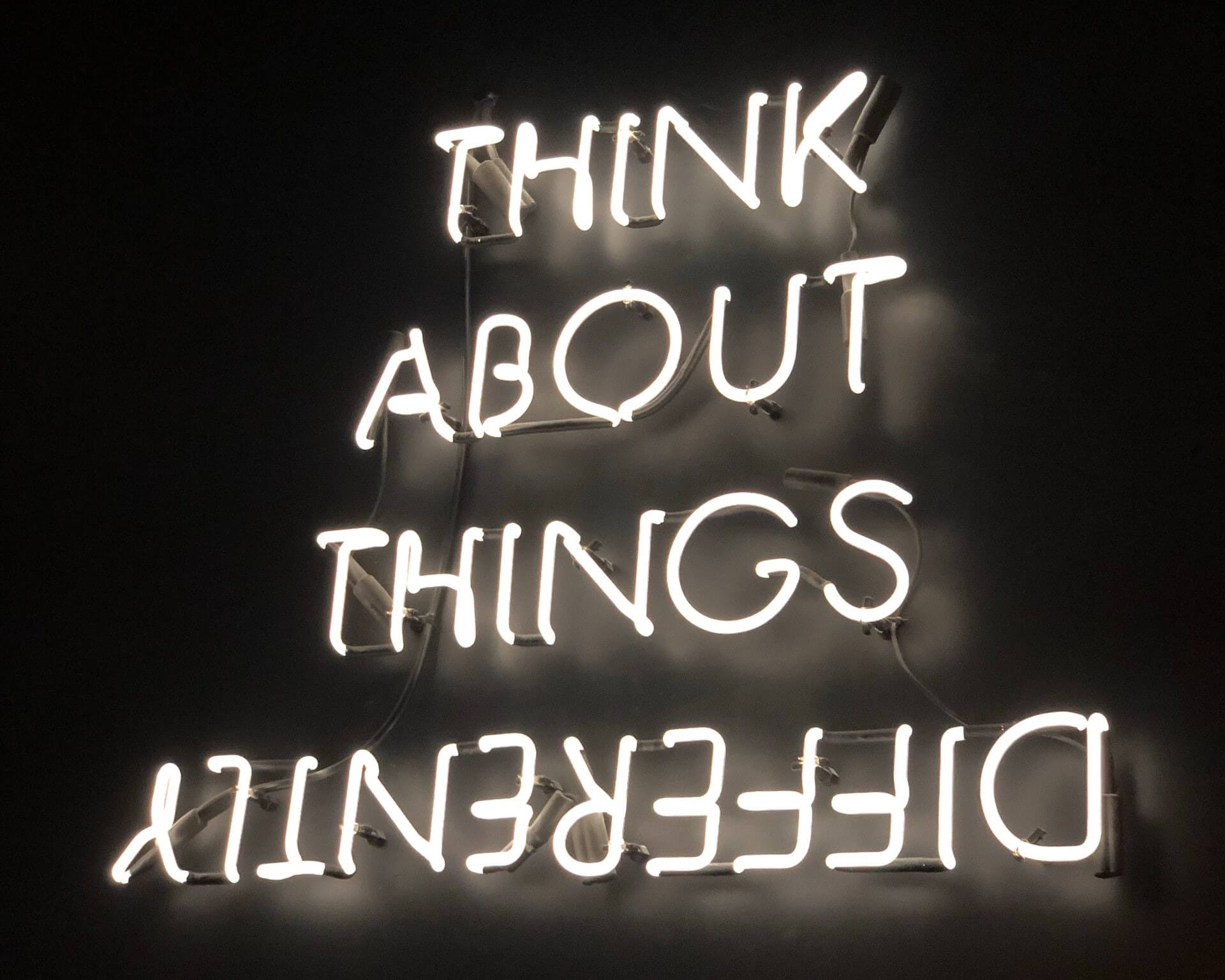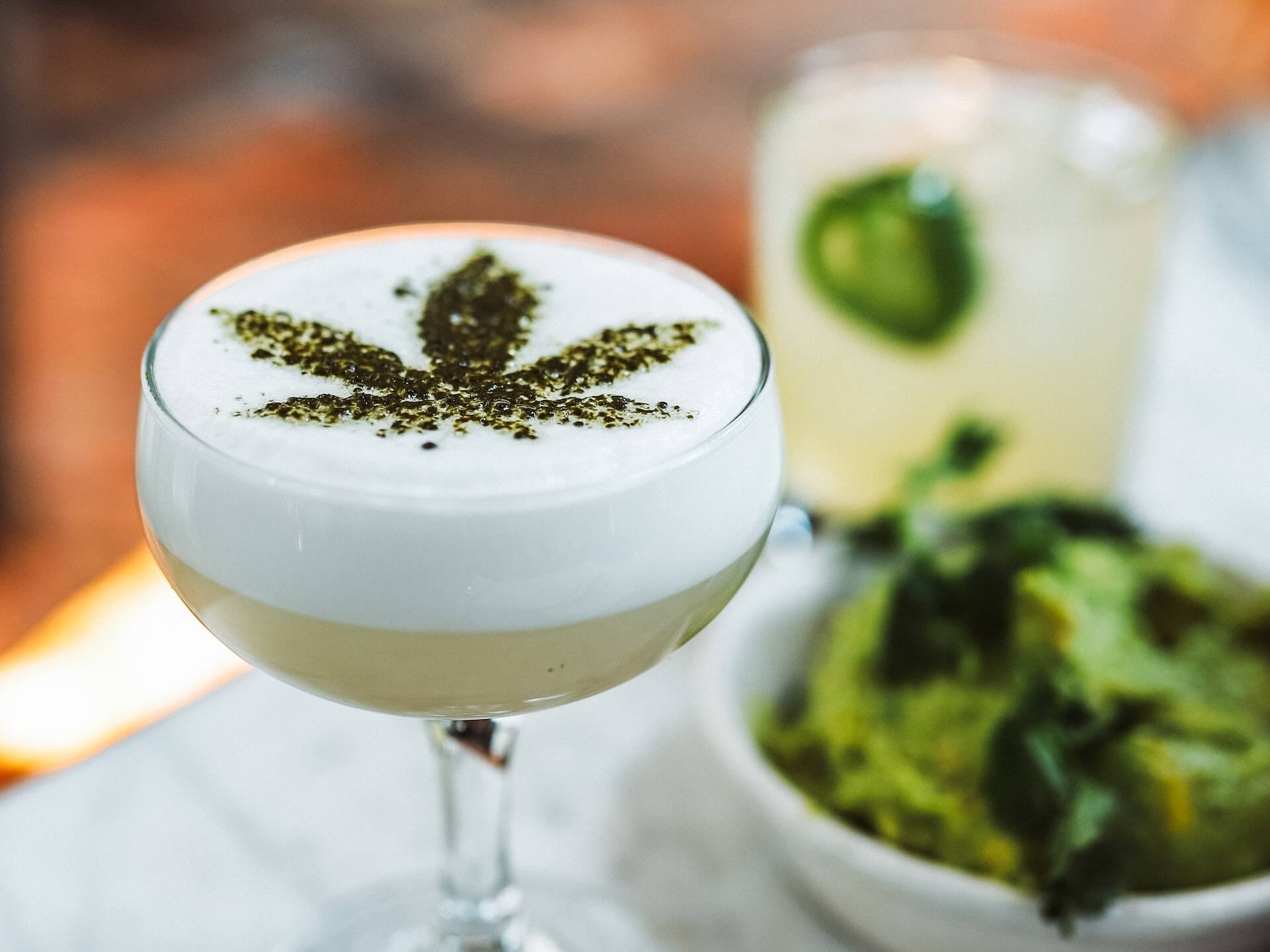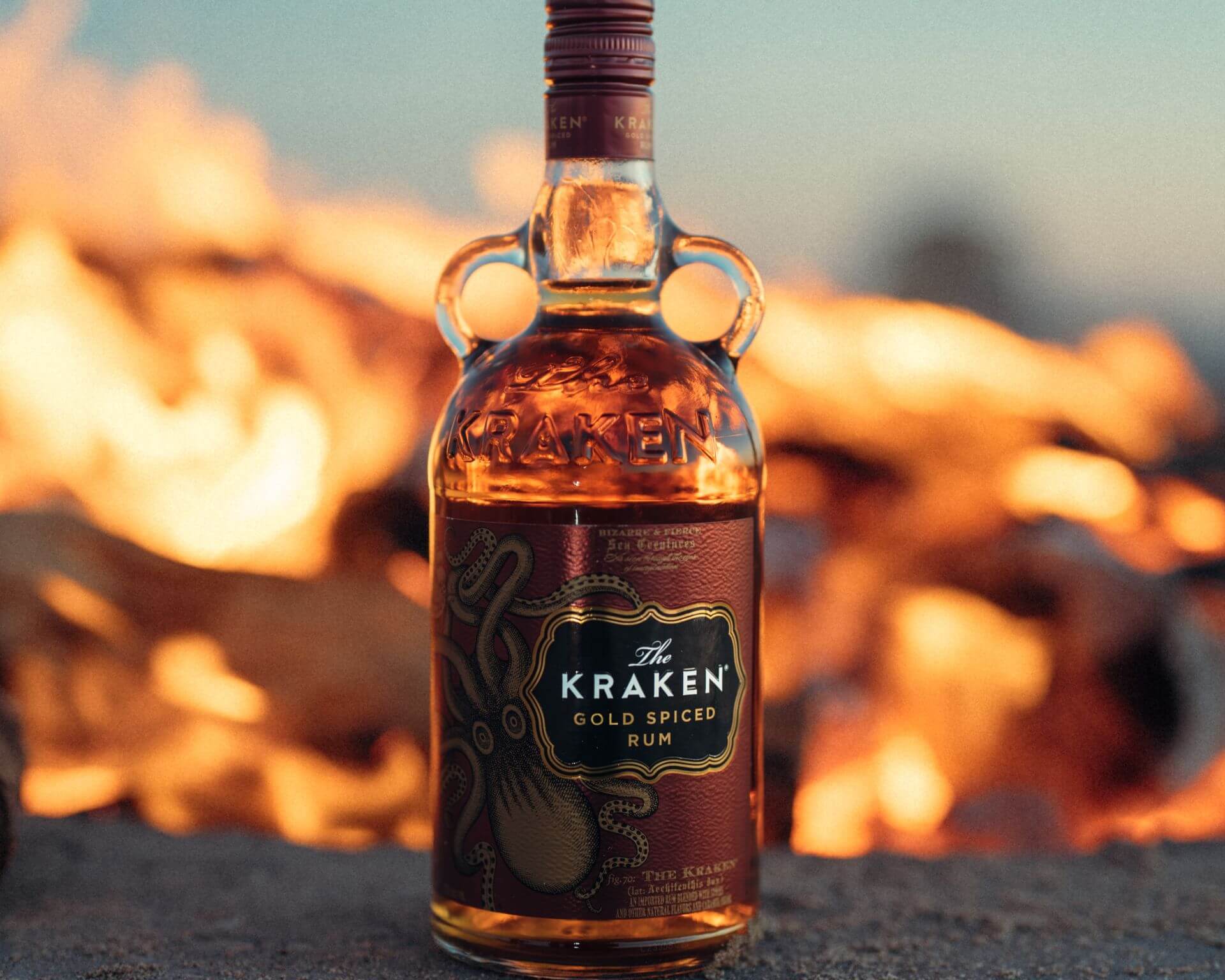Meet Customers Where They Are, Part 3
by David Klemt

If you truly want to meet your potential guests where they are, you need to be as discoverable as possible via mobile and desktop search.
The first part of this series discusses meeting guests in secondary and tertiary markets. Also, part one recommends looking into suburbs and watching moving data.
Part two looks into the importance of being top of mind for delivery, takeout, and pickup guests. Even with the current demand for socializing and in-person dining, off-premise dining guests are an important focus.
Now, I’m talking about being discoverable. Why? Because of where your guests are: their phones and desktops.
So, there are few crucial elements of your business to consider. Your website still matters. You need to ensure you own your venue listings. It’s crucial that your location information is up to date across platforms.
And now, meeting guests where they are will mean improving the odds that AI chatbots recommend your business.
Another ongoing KRG Hospitality series is our conversations with ChatGPT, Bing AI, and now Google Bard. It’s our chat with the latter that shows the importance of improving online discoverability.
Below, interactions with Bard and ChatGPT about using AI chatbots to discover restaurants, bars, and hotels.
Google Bard
Can people use Bard to discover new restaurants and bars, and book reservations?
Yes, people can use Bard to discover new restaurants and bars, and book reservations. Bard can access and process information from the real world through Google Search and keep its response consistent with search results. For example, if you ask Bard to find a restaurant with good Italian food in San Francisco, it will look for restaurants that have been rated highly by other users and that serve Italian food. Bard can also book reservations for you through OpenTable.
What criteria do you use to determine the best restaurant, bar or hotel for someone asking you to conduct a search of such businesses?
I use a variety of criteria to determine the best restaurant, bar, or hotel for someone asking me to conduct a search of such businesses. Some of the most important criteria include:
- Customer reviews. I look at customer reviews to see what other people have said about the restaurant, bar, or hotel. This helps me get a sense of the quality of the food, service, and atmosphere.
- Location. I also consider the location of the restaurant, bar, or hotel. I want to make sure that it is in a convenient location for the person I am recommending it to.
- Price. I consider the price of the restaurant, bar, or hotel. I want to make sure that it is within the person’s budget.
- Type of food. If the person is looking for a specific type of food, I will try to find a restaurant that serves that type of food.
- Atmosphere. I also consider the atmosphere of the restaurant, bar, or hotel. If the person is looking for a casual or formal atmosphere, I will try to find a restaurant that fits their needs.
- Other criteria. I may also consider other criteria, such as the hours of operation, the availability of parking, and the presence of accessibility features.
By taking all of these factors into account, I can help the person I am recommending it to find the best restaurant, bar, or hotel for their needs.
How can a restaurant, bar or hotel improve the odds that Bard would recommend them to someone?
There are a few things that a restaurant, bar, or hotel can do to improve the odds that I would recommend them to someone:
- Provide excellent customer service. This means being friendly, helpful, and responsive to customer needs. It also means going above and beyond to make sure that customers have a positive experience.
- Offer a unique or memorable experience. This could be anything from a special menu item to a unique atmosphere. Something that makes the restaurant, bar, or hotel stand out from the competition.
- Be consistent. This means providing the same level of service and quality every time a customer visits. It also means being reliable and keeping promises.
- Be responsive to feedback. This means listening to what customers have to say and taking their feedback into account. It also means being willing to make changes based on feedback.
By following these tips, restaurants, bars, and hotels can increase the odds that I would recommend them to someone.
If I asked you to find me the best cocktail bar in Las Vegas for early evening drinks and the best upscale restaurant for a late dinner in Las Vegas, what would you recommend?
Sure, I can help you with that. Here are my recommendations for the best cocktail bar and upscale restaurant in Las Vegas for early evening drinks and late dinner, respectively:
- Cocktail bar: The Vesper Bar at The Cosmopolitan of Las Vegas. This award-winning bar offers a wide variety of cocktails, as well as a beautiful atmosphere. It is perfect for a romantic evening or a night out with friends.
- Upscale restaurant: The Dorsey at The Venetian Las Vegas. This Michelin-starred restaurant offers a tasting menu of modern American cuisine. The atmosphere is elegant and the service is top-notch. It is perfect for a special occasion or a romantic dinner.
I hope this helps!
ChatGPT
Can people use ChatGPT to discover new restaurants and bars, and book reservations?
As an AI language model, I can provide recommendations and information about restaurants and bars, but I cannot directly book reservations for you. However, I can suggest several online platforms that allow you to book reservations at restaurants and bars, such as OpenTable, Resy, and Yelp Reservations. These platforms allow you to search for restaurants and bars based on various criteria such as location, cuisine, price range, and availability, and make reservations online.
If you’re looking for restaurant recommendations, I can provide suggestions based on your preferences such as cuisine, location, price range, and other factors. Additionally, I can provide you with information such as hours of operation, contact information, and customer reviews. Please let me know if there’s anything specific you’re looking for and I’ll do my best to assist you!
How do you help ChatGPT users find the best restaurants, bars, and hotels?
As an AI language model, I can help ChatGPT users find the best restaurants, bars, and hotels by using natural language processing and machine learning algorithms to understand the user’s preferences and provide personalized recommendations.
To find the best restaurants and bars, I can consider various factors such as cuisine, location, price range, ambiance, and customer reviews. I can also take into account any dietary restrictions or preferences the user may have, such as vegan or gluten-free options.
To find the best hotels, I can consider factors such as location, price range, amenities, and customer reviews. I can also help users find hotels based on their preferred style of accommodation, such as luxury, boutique, or budget.
In addition to recommendations, I can also provide users with useful information such as hours of operation, contact information, and directions. I can also assist with booking reservations or finding deals and discounts if available.
How can a restaurant, bar or hotel improve the odds that ChatGPT would recommend them to someone?
There are several ways a restaurant, bar, or hotel can improve the odds of being recommended by ChatGPT to someone:
- Positive Customer Reviews: Positive customer reviews are one of the most critical factors in ChatGPT’s recommendation algorithm. Encourage your customers to leave positive reviews on platforms such as Google, Yelp, or Tripadvisor, as these can greatly improve your chances of being recommended.
- High-Quality Photos: High-quality photos of your establishment, food, and drinks can make a big difference in attracting potential customers. Ensure that your website and social media pages have high-quality images that showcase the ambiance, menu, and overall experience of your establishment.
- Accurate and Up-to-Date Information: Ensure that your establishment’s information is accurate and up-to-date on various platforms. This includes your address, phone number, hours of operation, and menu.
- Responding to Customer Queries: Respond promptly to customer queries or complaints on various platforms, including social media. This shows that you value customer feedback and are willing to make improvements to provide an excellent experience.
Offering Unique Experiences: Offering unique experiences or features, such as signature cocktails or locally sourced ingredients, can help your establishment stand out and increase the likelihood of being recommended by ChatGPT.
If I asked you to find me the best cocktail bar in Las Vegas for early evening drinks and the best upscale restaurant for a late dinner in Las Vegas, what would you recommend?
For the best cocktail bar in Las Vegas for early evening drinks, I would recommend The Chandelier at The Cosmopolitan of Las Vegas. It is a three-story bar with a stunning chandelier centerpiece, offering a wide range of signature cocktails and a luxurious ambiance. It’s perfect for early evening drinks with friends or colleagues.
For the best upscale restaurant for a late dinner in Las Vegas, I would recommend Joel Robuchon at MGM Grand. It is a Michelin-starred restaurant with an elegant dining room and exceptional French cuisine. They offer a variety of tasting menus, including a vegetarian option, and a vast wine selection. The service is impeccable, and the atmosphere is perfect for a romantic dinner or a special occasion.
Takeaways
First, the bar and restaurant recommendations. As a Las Vegas local for creeping up on two decades, they’re solid. I think a first-timer would find them helpful and be happy with those selections.
More importantly, however, is what each bot reveals about discoverability. Operators need to make sure they’re responding to reviews quickly and properly; that they’re listings are under their control and the information is accurate; and that they’re courting reviews in the 4.0- to 4.7- star range. (More on that rating range in the near future.)
Then there are the other important considerations, such as pricing, cuisine, and atmosphere. When taking control of listings, operators must categorize their venues accurately.
Technology innovations often present a paradox. Ostensibly, technology makes lives easier. However, many operators likely find that much of tech makes things more difficult.
Leveraging tech often requires more work on the operator side—innovations often make things simpler for our guests. Of course, tech can make things easier for operators, it just takes a lot of work initially.
As people rush to develop AI—some say too quickly—it’s going to be top of mind for people searching for restaurants, bars, nightclubs, eatertainment venues, hotels, etc. Operators are going to have to meet their guests where they are: search engines and chatbots.
Image: Solen Feyissa on Unsplash















